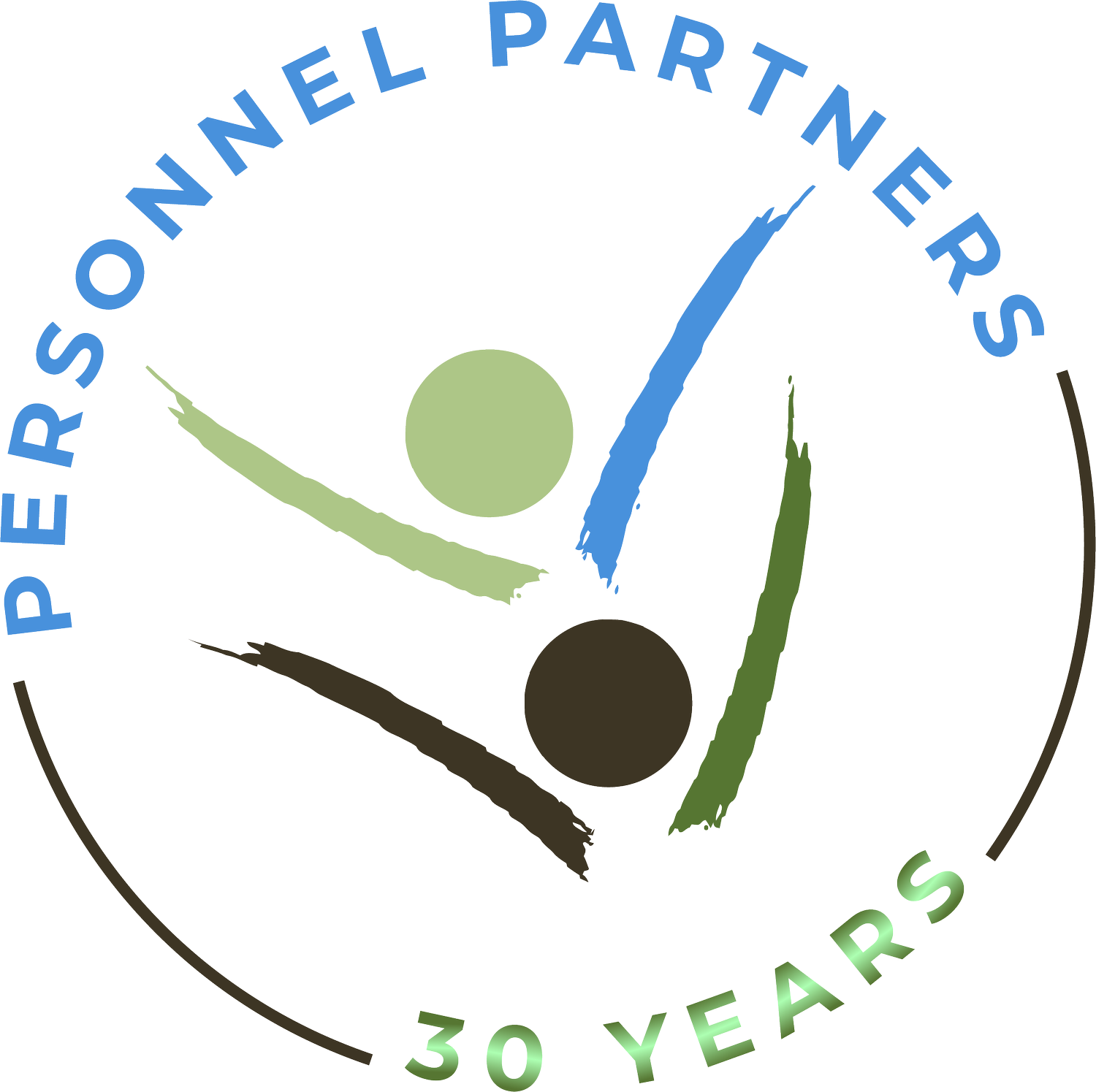The Peaceful Transfer of Power in the Workplace
Introduction
Every generation changes the workplace, going back to the time when women entered by the millions for the first time during World War II. Today there are more generations sharing the workplace than ever before as Baby Boomers put off retirement or reenter the workplace, while Generation X and Millennials continue their strong presence. The growing headline, however, is the reality that the newest generation (GenZ) has just become the largest segment of the working population. If you’ve noticed that the impact of GenZ at work gets a mention every time you turn around, let’s talk about why this takeover is worth noticing.
Like Cats in a Bag
That’s a little extreme – the combination of so many generations isn’t necessarily creating conflict in every workplace. But as you would expect, each one brings different values to the office every day. A quick summary would look something like this:
Baby Boomers value loyalty to a position. Their longevity typically gives them a deep understanding of their industry and a respect for management hierarchy.
Generation X grew up in the “latchkey” times, creating more independence and resourcefulness. They tend strongly toward entrepreneurial roles.
Millennials lived through the Great Recession and a tough job market, and many still feel the impact of student loans. They are drawn toward collaborative tasks and meaningful work that provides personal growth.
GenZ is different from all the above thanks to living with technology and a globally-connected world of information all their lives – which included the pandemic years. The workplace they envision is unlike anything seen in the past.
Put all of these together in the same office and it’s easy to see that you have a mixed bag. You can’t have everyone demanding just one style of work.
Finding Common Ground
To get some perspective on how to find common ground, think about this: if you’re a Baby Boomer, you can probably remember being 26 (the age of GenZ). But in reverse, no Millennial knows what it’s like to be in an early retiree’s shoes, nor can a GenZ employee imagine life without technology. Employers and HR Managers need to find common ground in goals that everyone can understand. You can spend time helping employees get to know one another’s perspective (and you should), but that understanding isn’t going to be what drives them. Having clear company goals that every employee can understand and get excited about supporting is the common ground.
The Impact of GenZ
The initial report on this generation was colored by the pandemic years and noted a noticeable lack of communication skills with little understanding of professional workplace dress and manners (thanks in part to so much remote work). Employers and managers were disappointed by the need to teach business etiquette to new grads so they could interact capably in the office setting.
In exchange, the latest generation brings a set of traits perfectly suited to take a workplace into the future, being more:
tech-capable
media-savvy
inclusive, and
eco-friendly
than any previous generation. And contrary to popular belief, most GenZ workers do like their jobs! As we can attest based on the candidates we meet at Personnel Partners, when they consider making a move, these workers are more likely to be looking for a new “workplace” than a new “job” .
How to Make a Smooth Transition
As companies work to attract new talent, that talent is most likely to come from both ends of the spectrum – the newest to enter the workplace and those who retired and are now back again. Neither generation is looking to move up the traditional ladder, and both value positive working relationships. The combination of these two generations mentoring each other makes a fantastic way for each to contribute valuable knowledge. Look for opportunities to pair these workers intentionally on projects and teams; ask for that chance if it’s not offered to you. There has never been more expertise available in the workplace for organizations who can figure out how to share it!

